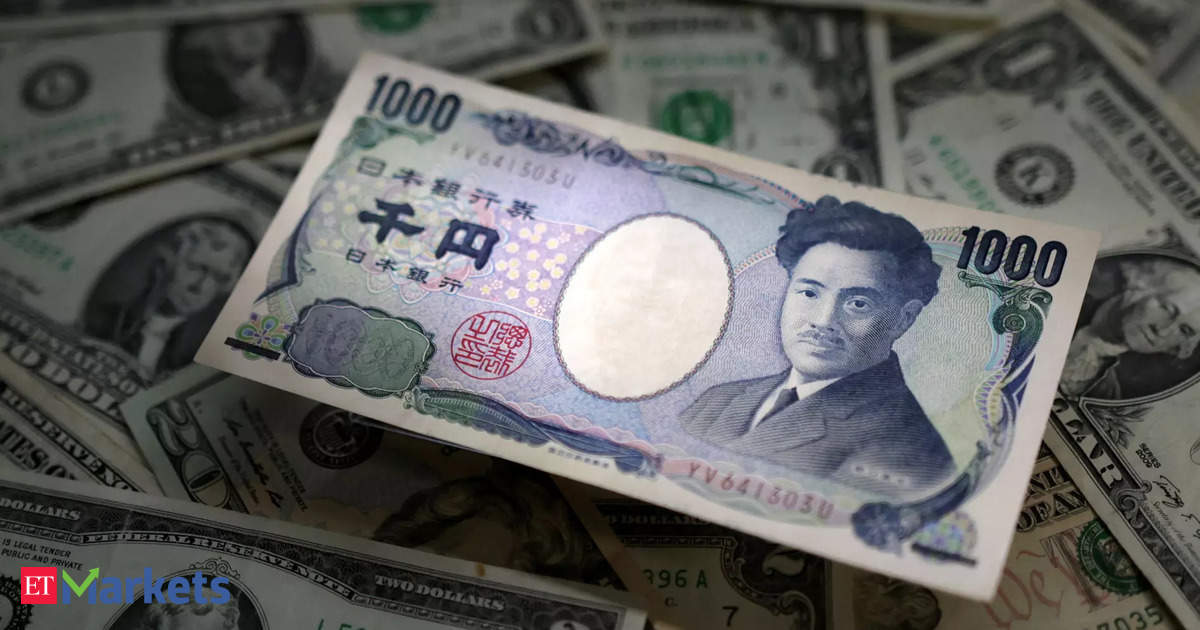Japan's yen hits new 34-year low; US dollar rises after inflation data
The dollar hit 156.95 yen after the U.S. data, the highest since June 1990, and was last up 0.8% at 156.805. The greenback briefly dropped as low as 154.97 earlier in the session, triggering speculation that the BOJ, which acts on the behalf of the Ministry of Finance, may have checked currency rates, supposedly a sign that the central bank is preparing to intervene.
It was not immediately clear what caused the move.
In the United States, the focus was on inflation.
The personal consumption expenditures (PCE) price rose 0.3% in March, compared to a forecast of a 0.3% increase, according to the data. In the 12 months through March, PCE inflation advanced 2.7% against expectations of 2.6%.
The PCE price index is one of the inflation measures tracked by the U.S. central bank for its 2% target. Monthly inflation readings of 0.2% over time are necessary to bring inflation back to target.
"The timing of rate cuts will likely be pushed out even further as services inflation reaccelerated last month," said Jeffrey Roach, chief economist, at LPL Financial in emailed comments.
"If the economy slows and inflation lingers, the stagflation debate will likely resurface, potentially instigating some in ."
U.S. rate futures have priced in a 65% chance of a rate cut at the Fed's mid-September meeting, up from less than 60% before the PCE report.
In mid-morning trading, the dollar index was up 0.2% at 105.79.
The slipped 0.1% to $1.0716.
"With price growth running uncomfortably hot for five consecutive months, Fed officials are unlikely to provide much relief to fixed income markets at next week's meeting - a 'hawkish hold' has become overwhelmingly probable - suggesting that the dollar should remain aloft for now," wrote Corpay Chief Market Strategist Karl Schamotta in a note after the PCE report.
In Japan, the BOJ left its short-term target at 0-0.1% on Friday and made small upward adjustments in its inflation forecast. Investors had not expected a policy shift but took the decision as confirmation that only small moves lie ahead.
BOJ Governor Kazuo Ueda told a press conference after the rate decision that monetary policy did not directly target currency rates, but exchange-rate volatility could have a significant impact on the economy and prices.
"If yen moves have an effect on the economy and prices that is hard to ignore, it could be a reason to adjust policy," he said.
Source: Forex-Markets-Economic Times
